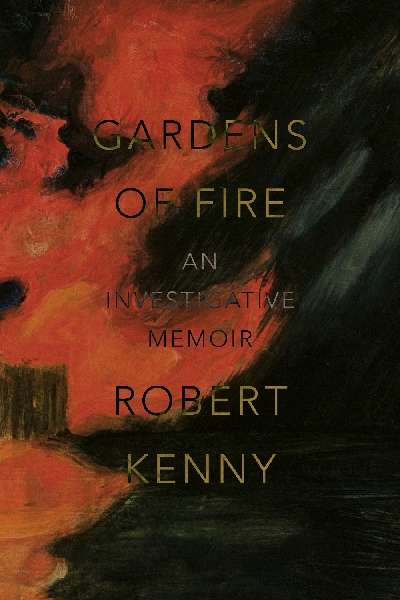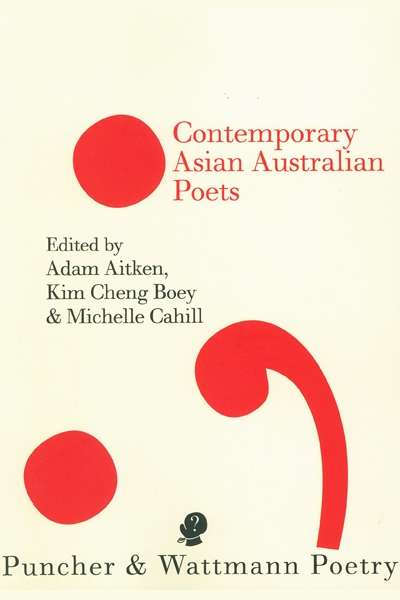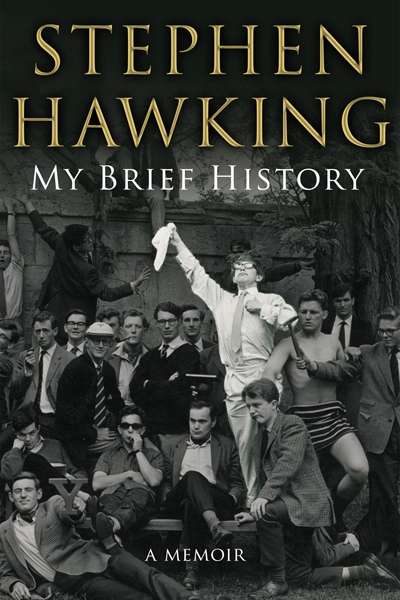Non Fiction
The Writing Culture of Ordinary People in Europe, c.1860–1920 by Martyn Lyons
‘If in this I have been tedious,’ admitted William Cowper in a letter published in 1750, ‘it may be some excuse, I had not time to make it shorter.’ In The Writing Culture of Ordinary People in Europe, c.1860–1920, Martyn Lyons has accomplished what Cowper could not. This is a short book but withal it successfully tackles an expansive agenda. It is in no way tedious. Indeed, it is an excellent book – ambitious and thought-provoking – and deserving of an equally large audience within the academy and beyond it.
... (read more)The Baby Farmers: A Chilling Tale of Missing Babies, Shameful Secrets and Murder in 19th Century Australia by Annie Cossins
In The Baby Farmers, legal scholar Annie Cossins revisits a bizarre episode in Australian criminal history. Her text focuses on a pair of baby killers who operated in Sydney during the nineteenth century. In October 1892, Sarah and John Makin were arrested after a baby’s corpse was found buried on their farm. An investigation revealed the bodies of twelve more babies, all buried in properties that had been inhabited by the Makins. The couple’s crimes stemmed largely from their poverty. Purchasing babies provided them with an (albeit limited) income. These babies had often been born out of wedlock, and their mothers relinquished them to avoid the stigma surrounding ‘illegitimate’ children.
... (read more)Gardens of Fire: An Investigative Memoir by Robert Kenny
As I write this article in my Adelaide Hills home, surrounded by native eucalypts and introduced fruit trees, large areas in New South Wales are dealing with the consequences of some of the worst bushfires in recorded history. Remarkably, given the unseasonally extreme weather, the rugged terrain, and the ferocity of the fires themselves, there have been few human casualties. Nevertheless, the cost will be enormous, not only in terms of the physical reconstruction required, but also of the effort required for individuals and families to rebuild lives from the ruins of their destroyed habitations. I live in a bushfire-prone area, in a house that could not be easily defended in the inferno of a firestorm. We have made our plans. We think we know what to do in the face of the fire emergency we hope will never eventuate. But how would we cope in such a situation? In practice, we have no idea.
... (read more)Contemporary Asian Australian Poets edited by Adam Aitken, Kim Cheng Boey, and Michelle Cahill
This is one of the more vital and significant poetry anthologies to appear in Australia. It has been compiled with a purpose as sophisticated and complex as the arguments for existence that it posits. It is an anthology not so much of ‘region’ (it is a rather massive one), as of the experience of being or having been from Asian heritages in contemporary Australia.
... (read more)Moving Among Strangers: Randolph Stow and My Family by Gabrielle Carey
When Gabrielle Carey wrote Puberty Blues (1979) with her school friend Kathy Lette, it was closely based on her own experience as a teenager. This initiated a writing career specialising in autobiography. Her novel The Borrowed Girl (1994) is based on her experience of living in a Mexican village, and So Many Selves (2006) is a personal memoir. Her new book extends the work of mourning and remembering her parents, which began with In My Father’s House (1994), an attempt to understand the suicide of her father, Alex Carey, and continued with Waiting Room (2009), an account of her mother Joan’s illness with a brain tumour.
... (read more)The Mad Marathon: The story of the 2013 Election by Mungo MacCallum
Tim Bowden, ABC journalist and historian, hosted a television program called BackChat between 1987 and 1994. Viewers could write in with their comments on Aunty’s offerings. One correspondent criticised the Rob Sitch-inspired spoof of the commercial current affairs programs, Frontline ...
... (read more)I’ve interviewed Stephen Hawking twice. On both occasions it was in his old office in Silver Street, Cambridge – in front of his huge poster of Marilyn Monroe. The first time, in 1989, I was a little anxious, not because I was with the world’s best-known scientist, but because I found the awkward silences waiting for his answers hard to manage. What do you do, having asked a question, during the two or three minutes it takes him to put together a sentence on his machine? You can’t stare at him for that long – we’re not equipped to do that with anyone for more than seconds. Ignore him? The way we ignore other crippled folk, without realising it? Hardly!
... (read more)Mary Cunnane, who has worked in the publishing industry since 1976, laments the laziness and irritation of those publishers who resent and underestimate unsolicited submissions from authors
... (read more)Books of the Year is always one our most popular features of the year. Find out what 30 senior contributors liked most this year – and why.
... (read more)Unfinished Empire: The Global Expansion of Britain by John Darwin
The main title of John Darwin’s new book is simple but mischievous. Its primary purpose is to announce that he sees empire as an activity rather than a thing. People, millions of them, made it, and remade it constantly, over long stretches of time; it was always in progress, always being finished ...
... (read more)







